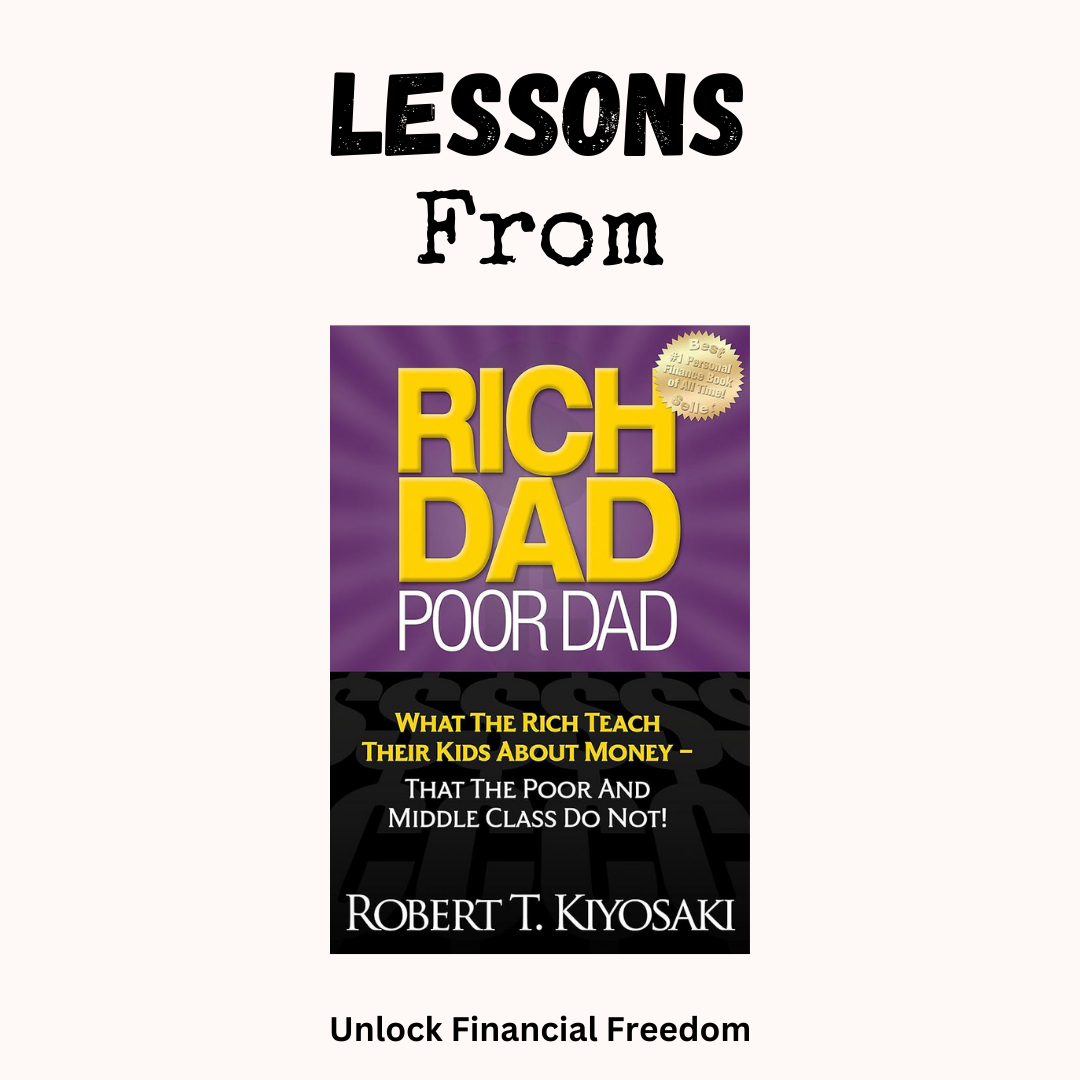Why Do Some People Build Wealth While Others Struggle?
Ever feel like you’re working hard but not making enough progress toward financial security?
- You earn decent money, but your savings never seem to grow.
- You try to budget, but unexpected expenses always pop up.
- You want to invest, but you’re not sure where to start.
If this sounds familiar, you’re not alone. For centuries, people have faced the same financial struggles.
That’s why The Richest Man in Babylon by George S. Clason is still relevant today. Using simple parables from ancient Babylon, this book reveals timeless wealth-building principles that apply in any era—including ours.
The best part? These aren’t complex finance strategies. They’re simple, proven habits that can help you save more, invest smarter, and build financial independence.
Let’s break down the powerful money lessons hidden in these ancient stories.
💰 The Core Idea: Small, Consistent Financial Habits Lead to Lasting Wealth
Most people believe that getting rich requires:
✅ A huge paycheck.
✅ A lucky break.
✅ Advanced investing knowledge.
But The Richest Man in Babylon proves otherwise:
“Wealth grows wherever men exert energy to save and invest.”
In other words, it’s not about how much you make—it’s about how much you keep and how wisely you grow it.
💡 Why This Matters for Wealth-Building:
- You don’t need to be a genius investor. Simple strategies work.
- You don’t need to start with a fortune. Just start.
- The earlier you build good financial habits, the faster wealth follows.
These principles helped ancient Babylonians build riches—and they can do the same for you today.
🚀 Key Financial Lessons from The Richest Man in Babylon
1️⃣ Pay Yourself First (The 10% Rule)
One of the most famous lessons in the book:
“A part of all you earn is yours to keep.”
Translation? Before paying bills, before buying anything—set aside at least 10% of your income.
🔥 How to Apply This Today:
✅ Automate savings so 10% of your paycheck goes into a savings or investment account.
✅ If 10% feels too much, start with 5%—but be consistent.
✅ Increase savings as your income grows.
💡 Example: If you earn $3,000/month, saving 10% means $300/month. In one year, that’s $3,600—without lifting a finger.
2️⃣ Control Your Spending (Live Below Your Means)
Most people think they don’t make enough to save. But the truth? They’re spending too much.
“Gold flees from the man who spends more than he earns.”
Babylonians believed that wealth isn’t about income—it’s about habits.
🔥 How to Apply This Today:
✅ Track your spending for 30 days—you’ll see where money disappears.
✅ Cut out wasteful expenses (unused subscriptions, impulse buys, unnecessary upgrades).
✅ Stick to the 50/30/20 rule:
✔️ 50% on needs (rent, food, utilities).
✔️ 30% on wants (entertainment, travel, shopping).
✔️ 20% on savings & investments.
💡 Example: If you make $4,000/month but spend $4,500/month, you’re building debt, not wealth. Even a small spending cut (like eating out less) can change everything.
3️⃣ Make Your Money Work for You (Invest Wisely)
Saving alone won’t make you rich—you need to grow your money.
“Gold labors diligently and multiplies for the wise owner.”
The richest Babylonians didn’t just save—they invested their gold in ventures that grew over time.
🔥 How to Apply This Today:
✅ Invest in assets that grow over time (stocks, real estate, index funds).
✅ Avoid “get-rich-quick” schemes—focus on steady, proven investments.
✅ Diversify—don’t put all your money in one place.
💡 Example: Instead of letting money sit in a low-interest savings account, invest in an S&P 500 index fund and let compound interest do the work.
4️⃣ Avoid Financial Scams and Bad Investments
The book warns against putting money into shady deals that promise huge returns with little risk.
“Guard thy treasure from loss. Seek wise counsel.”
Many Babylonians lost everything by trusting the wrong people.
🔥 How to Apply This Today:
✅ If it sounds too good to be true, it is.
✅ Never invest in something you don’t understand.
✅ Consult a financial expert before big money moves.
💡 Example: Scammers promising “double your money in 3 months” prey on people chasing quick wealth. Smart investors play the long game.
5️⃣ Increase Your Earning Potential (Invest in Yourself)
One of the book’s most powerful lessons:
“The more wisdom we acquire, the more we may earn.”
Translation? Your best investment isn’t stocks—it’s YOU.
🔥 How to Apply This Today:
✅ Learn a high-income skill (coding, sales, digital marketing, etc.).
✅ Take online courses or get certifications to boost your earning potential.
✅ Surround yourself with successful, growth-minded people.
💡 Example: A worker who learns a high-demand skill (like UX design or data analytics) can double their income—without working more hours.
🛠️ How to Apply The Richest Man in Babylon to Your Finances Today
✅ Step 1: Pay Yourself First—save at least 10% of what you earn.
✅ Step 2: Cut Unnecessary Spending—live below your means.
✅ Step 3: Start Investing—make your money work for you.
✅ Step 4: Avoid Scams and Risky Investments—stay informed.
✅ Step 5: Increase Your Income—build valuable skills and network wisely.
The key? Small, consistent habits build wealth over time.
⚠️ Common Money Mistakes to Avoid
❌ Spending everything you earn.
❌ Saving but never investing.
❌ Falling for “too good to be true” investment schemes.
❌ Ignoring skill development and personal growth.
❌ Thinking wealth is only for “lucky” people.
🎤 Your Turn!
👉 What’s one financial habit you’re committing to today? Drop a comment below—I’d love to hear!
🚀 If this helped shift your money mindset, share it with a friend who needs it!
Remember: Financial success isn’t about luck—it’s about following timeless principles and staying consistent.






Leave a Comment